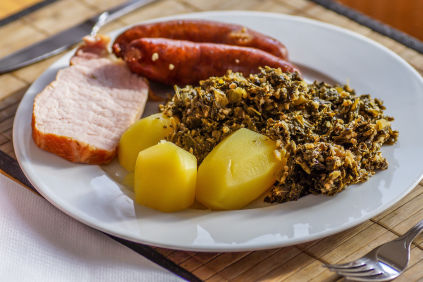

Specialties of the German Deli:
One of the main draws of the German deli is its selection of meats and sausages. These are made with the finest ingredients and are often smoked to give them a distinctive flavor. Some of the most popular types of sausage include bratwurst, weisswurst, and bockwurst. These can be enjoyed on their own or served with sauerkraut and mustard.
Another specialty of the German deli is its selection of cheeses. These are often made from cow's milk and can range from mild to sharp in flavor. Some of the most popular types of German cheese include Gouda, Limburger, and Tilsit. These can be enjoyed on their own or used in recipes such as quiches and fondues.
Bread is another important component of German cuisine, and the German deli is no exception. German bread is known for its hearty texture and rich flavor, and there are many different types to choose from. Some of the most popular varieties include rye bread, pumpernickel, and sourdough.